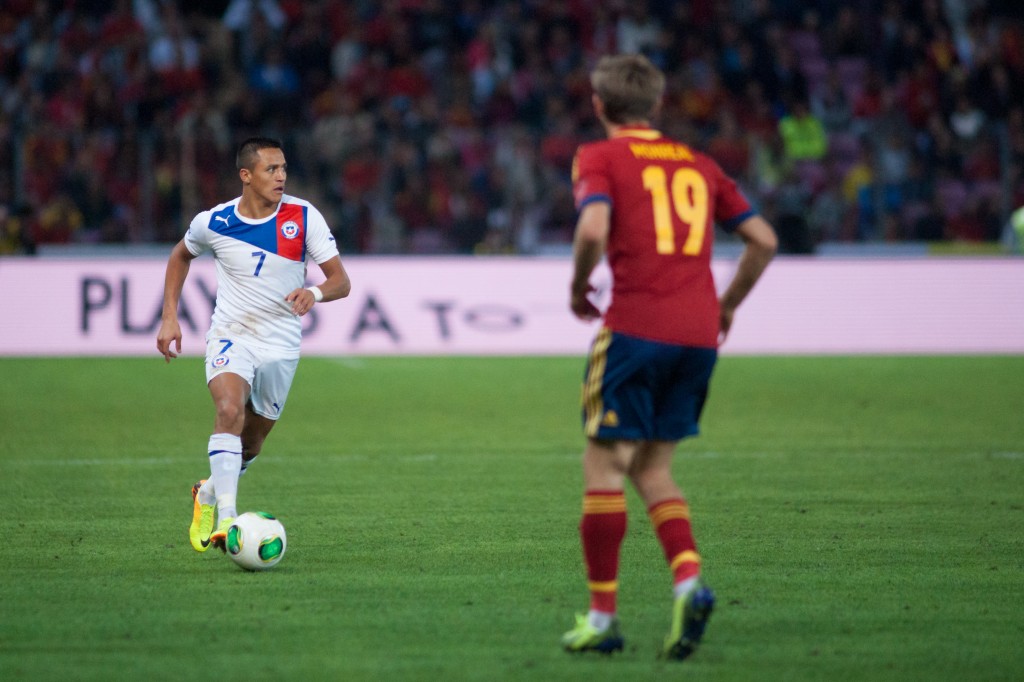This post pays homage to Australian soccer by presenting the 5 most legendary Aussies of all time.
Most of them have represented their countries at the World Cup and many have played at the top levels of British and European football.
Lucas Neill, Mark Bosnich, and Mark Bresciano were unable to gain a spot on the team due to the stiff competition and underappreciation of sports fields in Australia.
Read on to learn which six made Bleacher Report’s final list and why they are regarded as some of the best ever produced by their nation.
Johnny Warren
The late Johnny Warren was the heart and soul of Australian football until his death in 2004, according to ‘Australia Steve’. The national team qualified for the World Cup in 1974, and when it failed to qualify for the 2002 tournament, “Captain Socceroo” wept sadly.
He was a consummate leader and a fantastic player, driving his side forward from the middle of the field. He appeared for Australia 62 times and was inducted into the Australian Sports Hall of Fame in 1988.
Warren can claim part of the country’s recent triumphs, as few Australians have done more for the nation’s sport than he has. He worked as a journalist and an announcer after his playing career, never shying away from commenting on or analyzing football in the country.

Tim Cahill
Cahill is revered in Australia as one of the finest competitors the nation has ever seen, according to some. He is highly regarded in England for his diehard displays with Millwall and Everton.
The tenacious midfielder gained a reputation for his attitude as well as for his ability to score key goals in crucial moments. He was the Toffees’ hero on numerous occasions, especially in the 2006 World Cup, when he scored two goals against Japan to kick off a historic campaign.
Now in his late thirties, Tim Cahill will be looking forward to next summer, a third World Cup with Australia, and retirement when he turns 40.
Craig Johnston
Johnston, a South African who played for England’s youth teams, may seem ill-suited for the list. However, the island boy was born to Australian parents and spent the bulk of his childhood there.
It was at Anfield that he made his reputation and became a whirlpool of an enigma from 1981 to 1988 when the club enjoyed some of its most illustrious years. Despite never being assured a starting position in the first XI, the midfielder won nine major trophies in seven years, including a European Cup in 1984.
Johnston was a no-nonsense competitor who delivered boundless running, thrilling skill, and searing speed, but he was also a hothead—a quality which undoubtedly cost him the unquestioned confidence of Bob Paisley and Joe Fagan.
It’s tough not to consider Johnston among Australia’s finest ever exports, with five league championships.
Mark Viduka
The acid-tongued, competitive Viduka was the captain of the 2006 World Cup team and made his reputation as a goal-scorer with clinical finishes and devastating forward play for several clubs in four countries.
After tearing down the Australian and Croatian leagues in Scotland, he proved his mettle in the English Premier League before heading south of the border.
He was a key member of Leeds United’s third era of success in the 2000s, but he was sold in 2004 when the club’s financial situation deteriorated.
Stints in the northeast with Middlesbrough and Newcastle preceded his retirement in 2009.
The best player I’ve ever played with, according to Liverpool winger Stewart Downing, is Australian forward Tim Cahill. As far as current teammates Steven Gerrard, Luis Suarez, and England allies Wayne Rooney and Frank Lampard are concerned, ignoring their claims, Downing picked the Australian forward as the finest player he’d ever teamed up with.
Few would dispute Viduka’s effectiveness in the final third, despite his temper and petulance occasionally exploding and his impetuosity veering toward the ridiculous.

Mark Schwarzer
Mark Bosnich may have been a beautiful and supremely talented stopper, but Mark Schwarzer is the “bread and butter,” the “back of the bus” (and, simply put, the greatest keeper to emerge from Oceania).
Schwarzer has been an international stopper for 20 years, and he is a model of consistency, dependability, and longevity. It’s to his credit that he appears to have no signs of slowing down; next season will see him attempt to take the No. 1 spot at Chelsea and a place in the 2019 World Cup team against Peter Cech.
Australia’s most-capped player should enjoy the two adversaries.
He boasts immense confidence, influencing those ahead of him and boosting the whole defensive unit, as he did for Middlesbrough and Fulham. Adam Federici, Brad Jones, and Mitchell Langerak are all international challenges for Australia’s best goalkeeper, but it will take a Herculean effort from any of them to surpass his efforts.